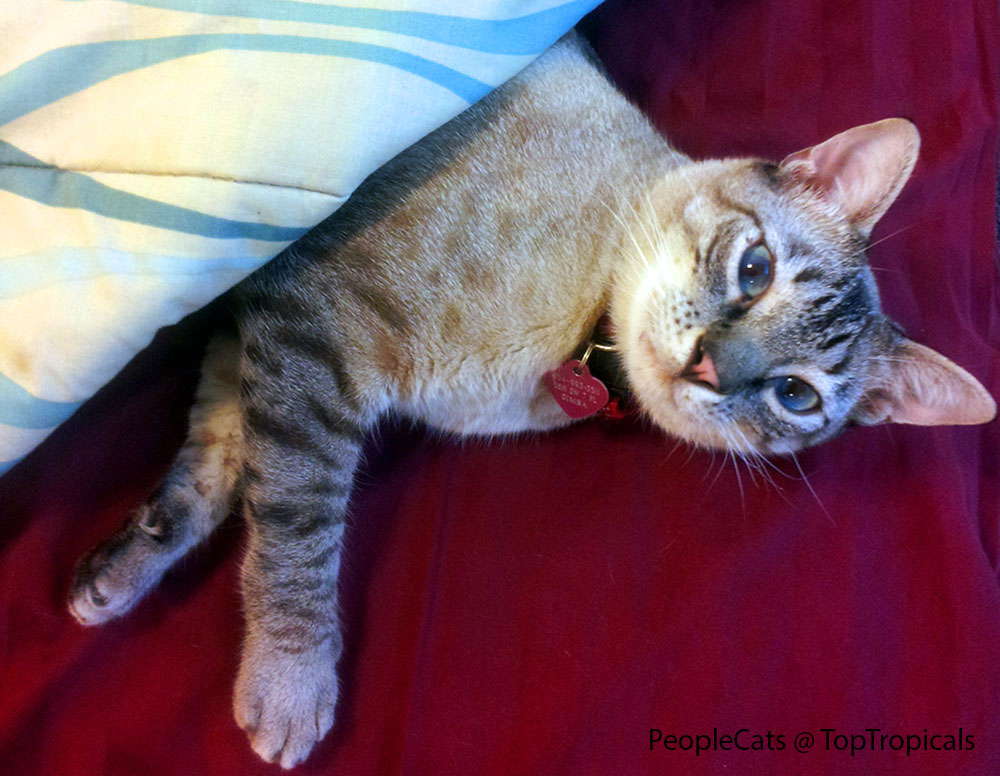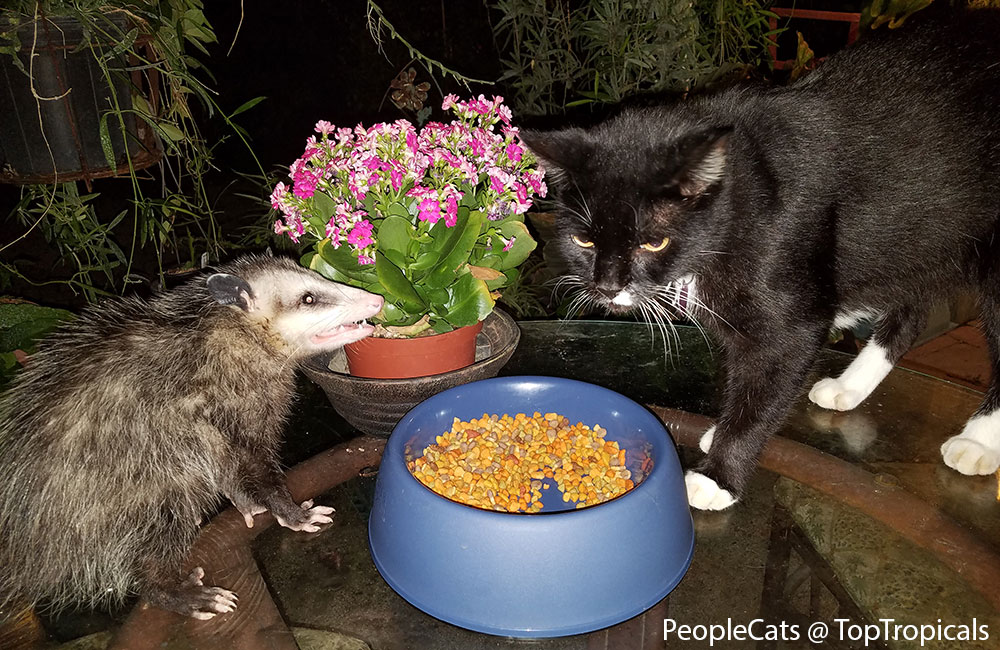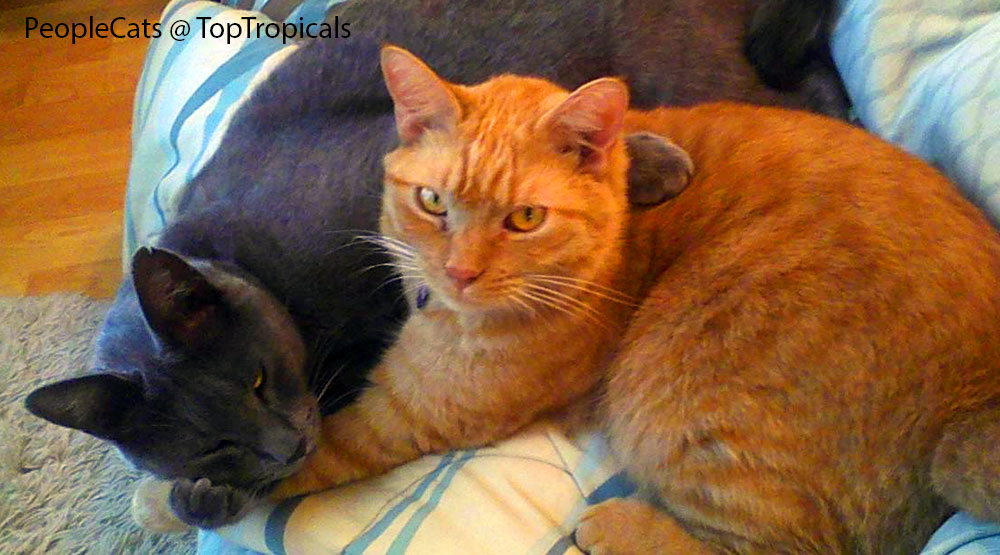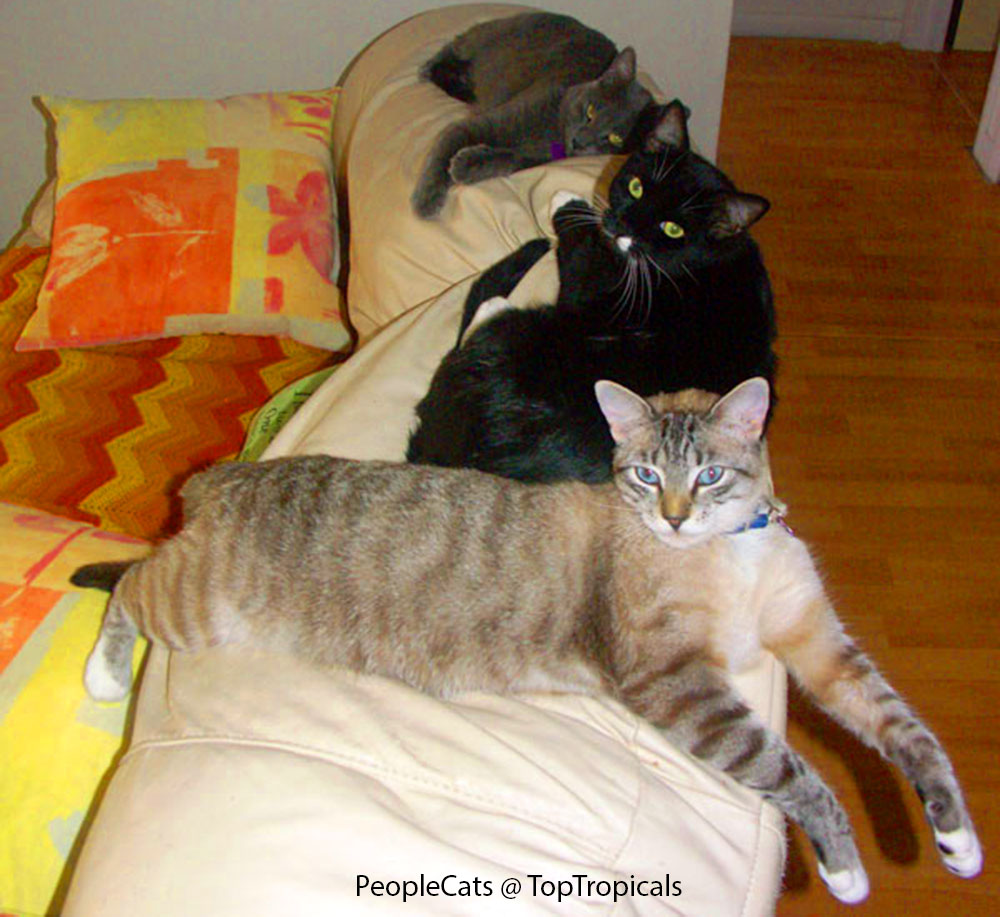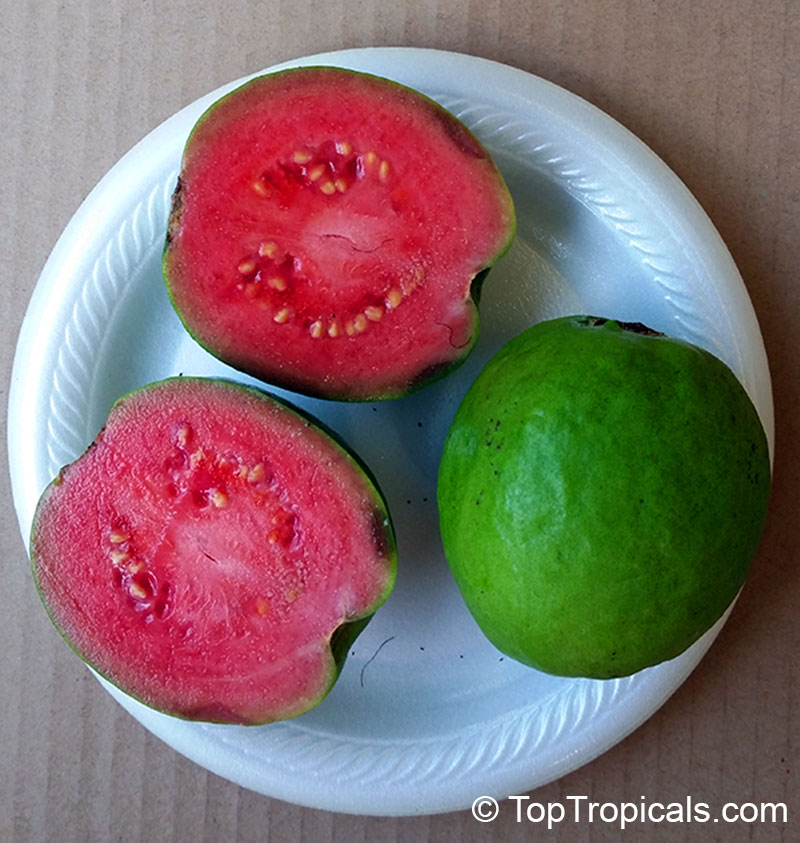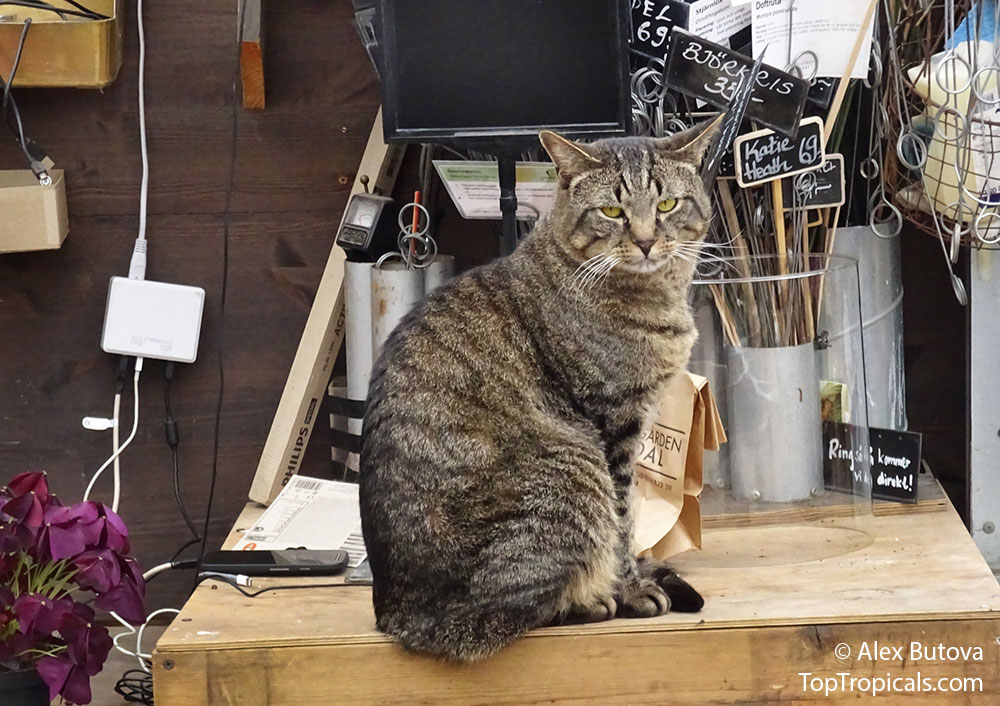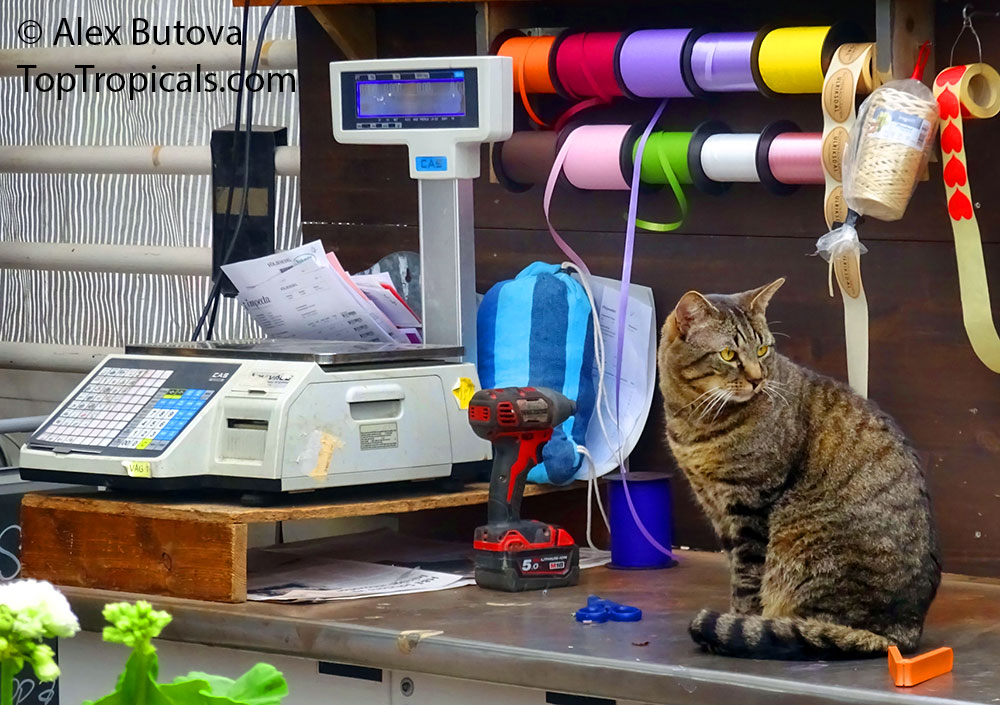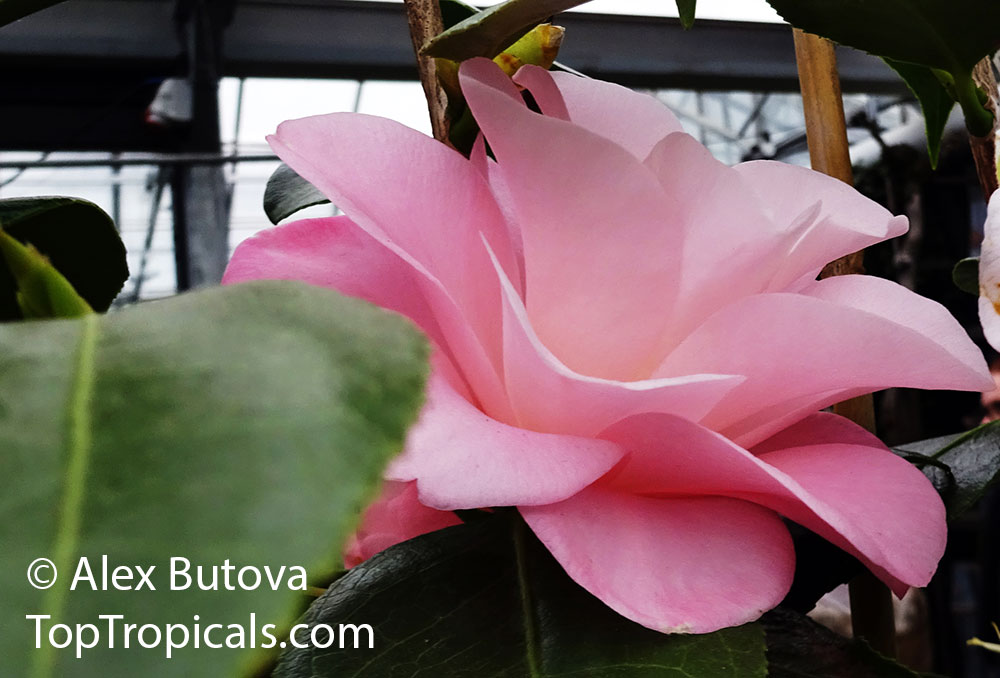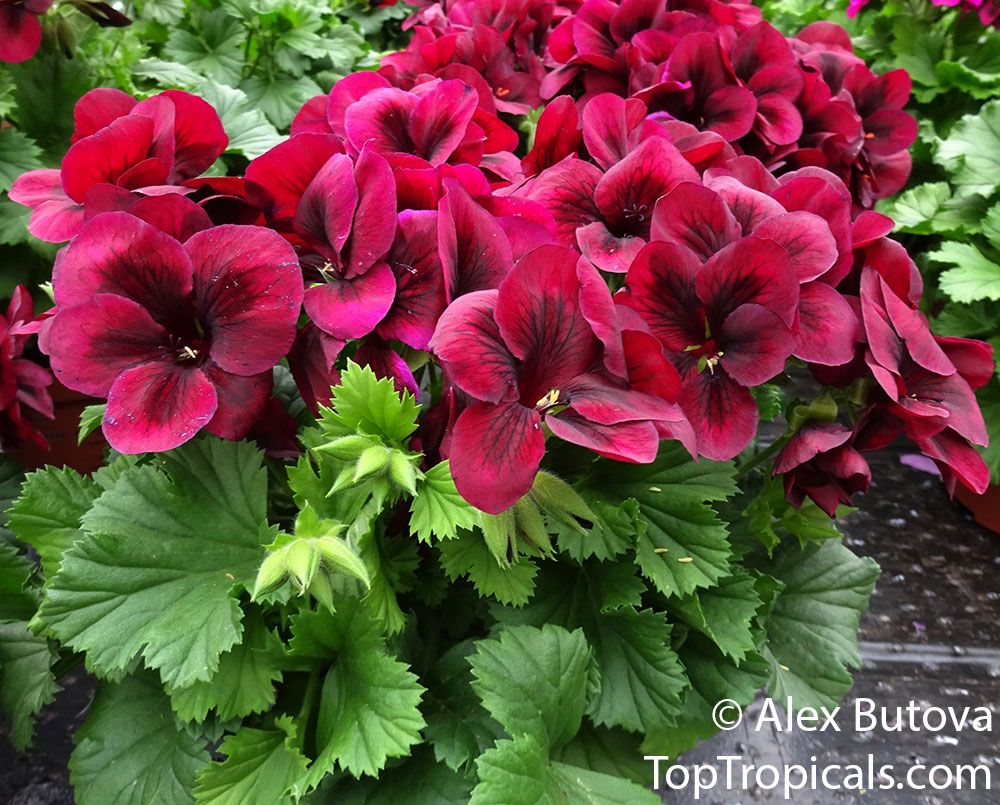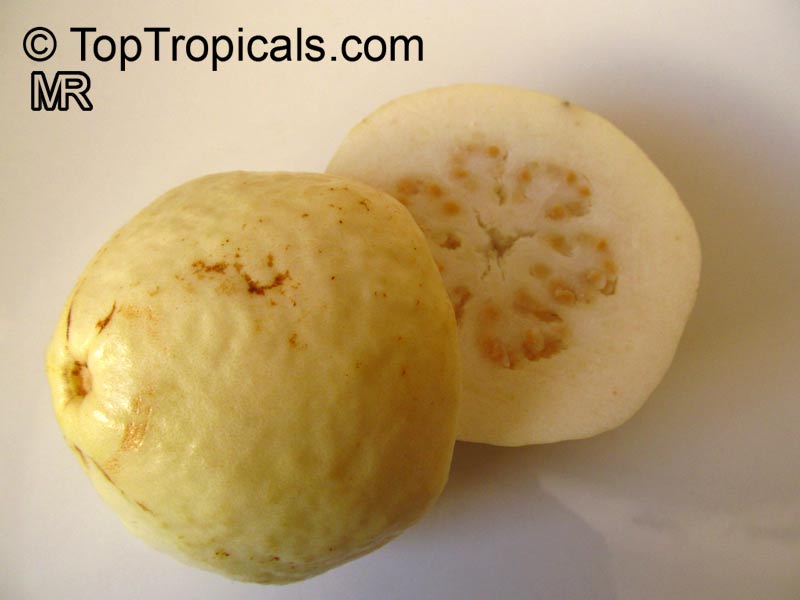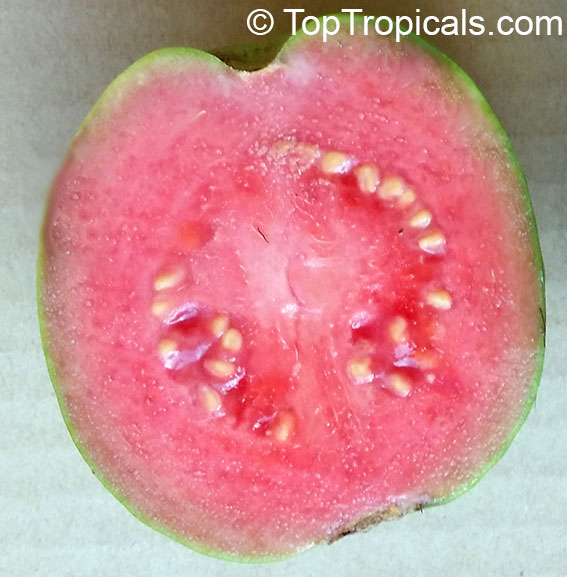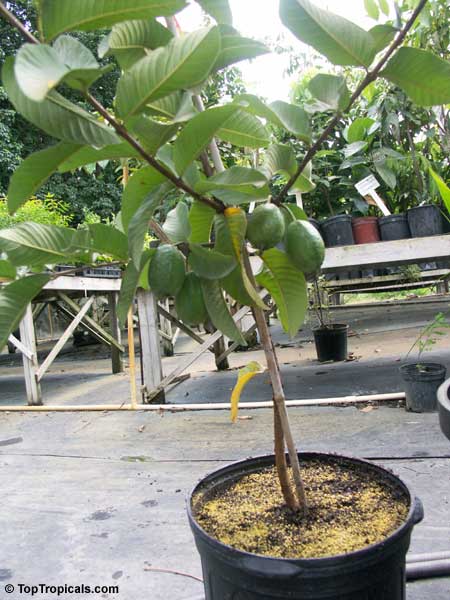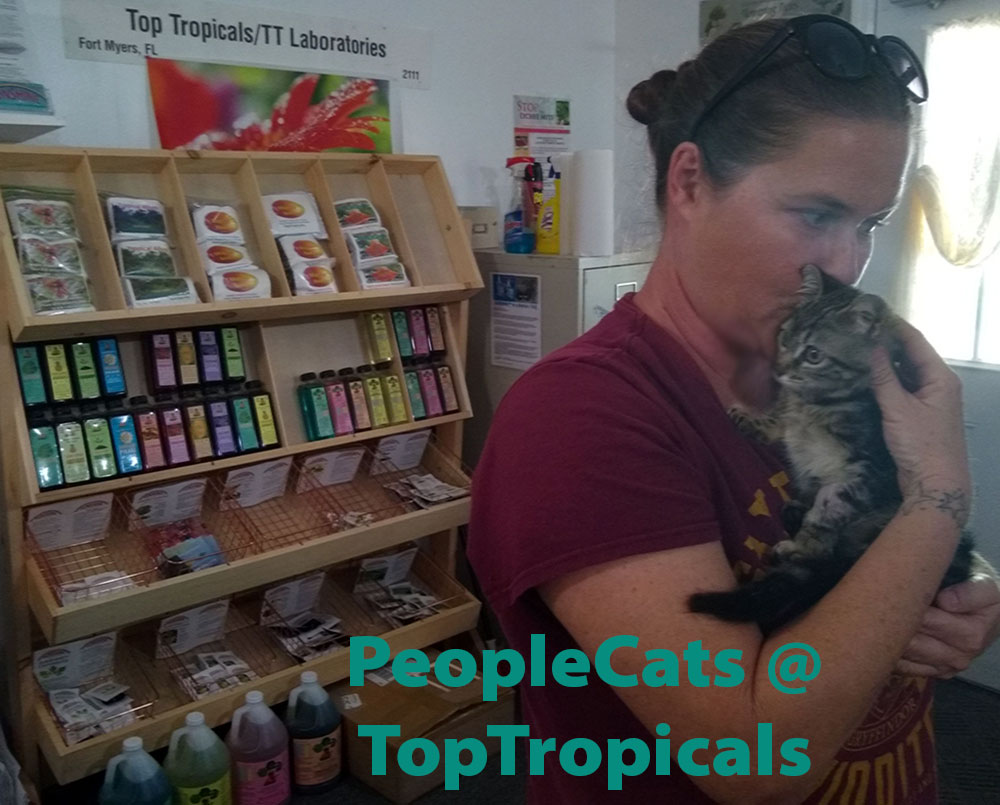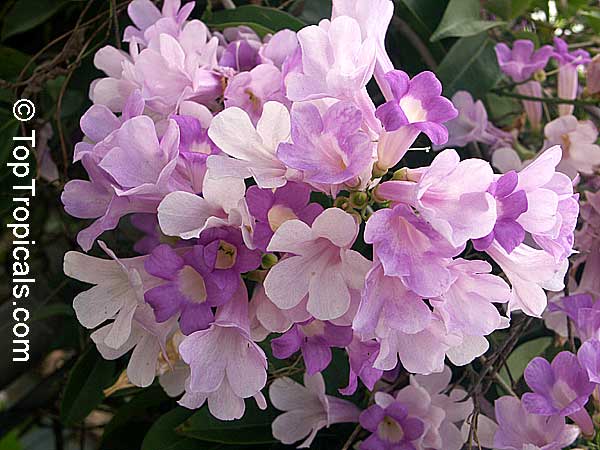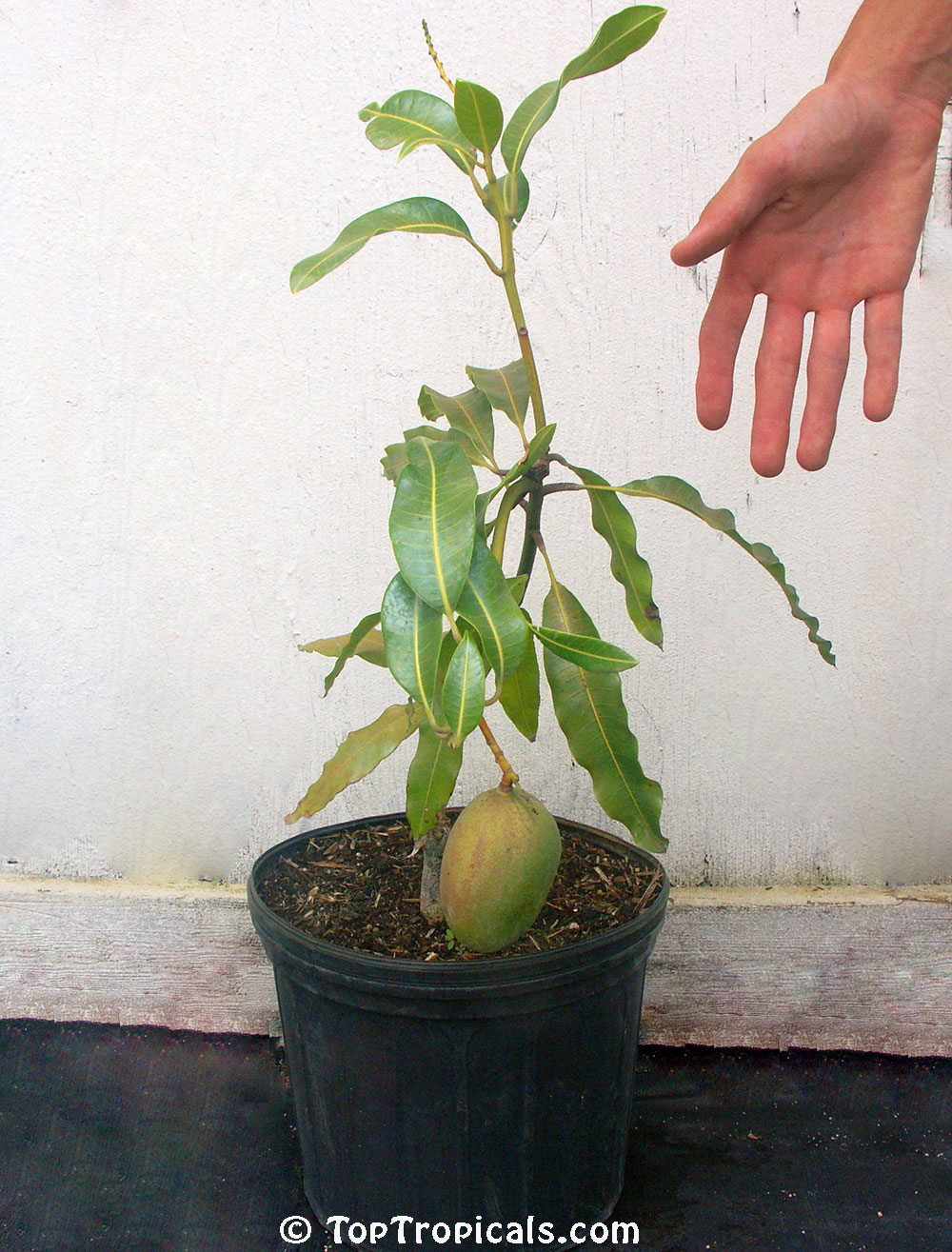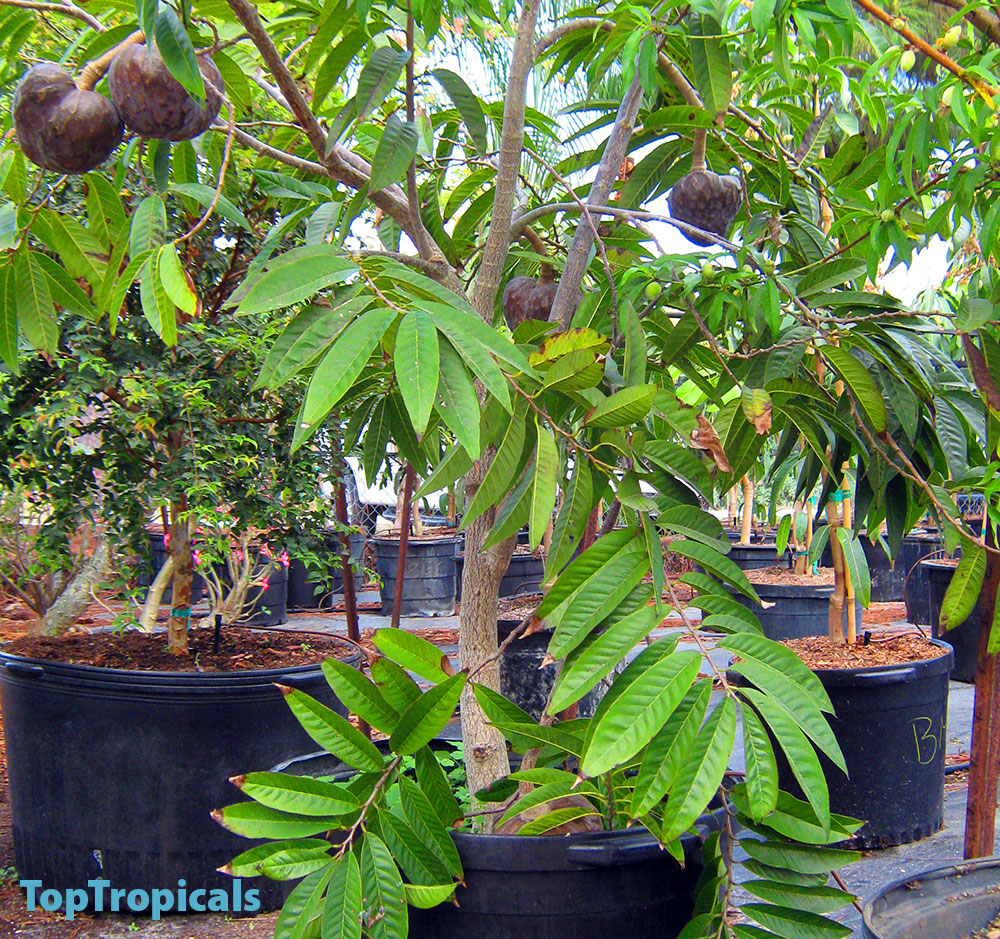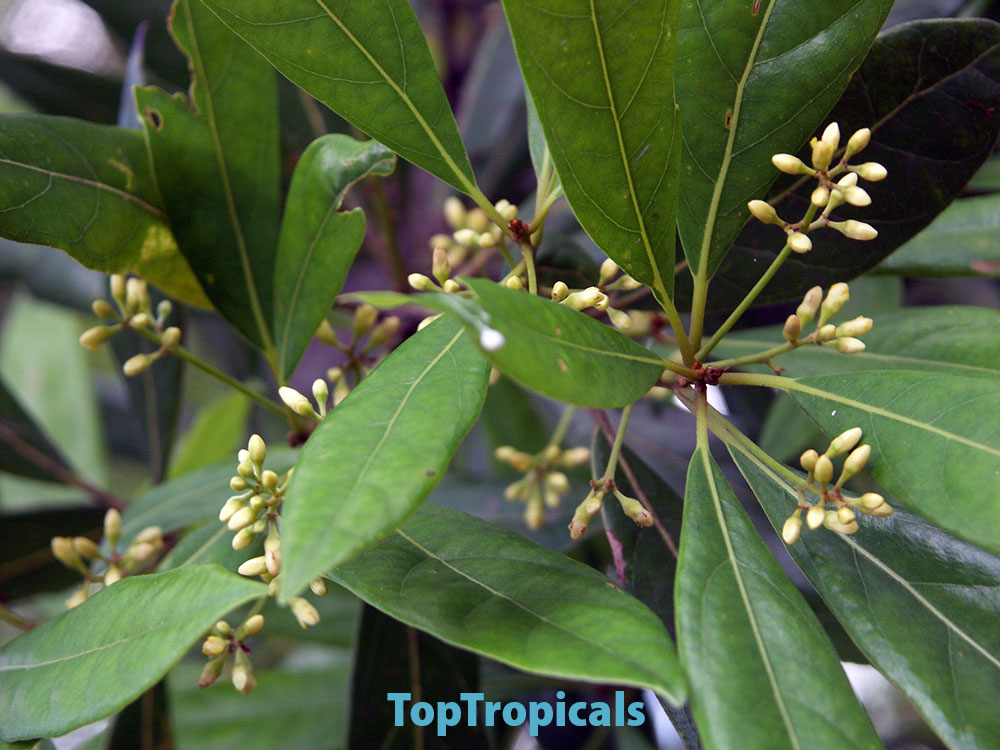Garden Blog - Top Tropicals
Date:
PeopleCats saving us from COVID-19!
Cat owners have higher immunity for COVID-19?
In our previous newsletter, we were talking about cats fighting the coronavirus and how to help them to recover.
The research made by Sabina Olex-Condor, a Polish doctor who works in a
clinic in Madrid, showed that due to cross-immunity (cats are a known reservoir
of coronaviruses) cat owners have milder sympthoms of COVID-19! Perhaps this
is due to the fact that in a cross-reaction antibodies are produced to the
virus, and owners of cats are more protected from COVID19... Read more)
Now that quarantine has been introduced almost universally because of
coronavirus, dog owners are also in a better position - they can officially go
outside for a short while. But the benefit of dogs (and other pets) is not only
that. Scientists from the Italian city of Catanzaro found in the course of
the study, that those who have a four-legged pet, have very mild symptoms of
the COVID-19. A similar effect was observed in those in contact with cattle...
To find an explanation for this phenomenon, the researchers compared viruses.
It turned out that the disease of bulls, cows and other cattle is similar to
Chinese coronavirus by 38.4%, and the virus of dogs by 36.9%. This means
that owners of animals already have some kind of immunity. So the owners of cats
and dogs, as a rule, tolerate coronavirus easier or completely asymptomatic.
Read more...
Stay safe and healthy with your PetPeople!
TopTropicals PeopleCat Club
Thank you everybody for supporting us in helping PeopleCat Community!
Make
your kind donation today and receive a surprise gift from us. Every little
bit helps! Thank you and God bless you and your pets!
Date:
Varieties of Guava
Q: We were just in Australia where guava juice was available in the markets. Pretty sure I can grow different varieties of Guava's here, as I have 3 already, but wondering if it would be psidium guajava or littorale as the best bet for making the pink juice we enjoyed. Thanks so much, your plants are so healthy when they arrive!
A: Both species are used for commercial juice making. We grow lots of Psidium littorale - Cattley Guava, Strawberry Guava - and we make delicious juice. Psidium guajava - Tropical Guava, Guajava - is less juicy, fruit is somewhat dry, but it still has a great flavor; you may need to add water to blended pulp. And sugar - add it to both kinds of fruit!
Check out our Guavas!
Date:
Meet PeopleCats of TopTropicals. Cat of the day: Anders from the King's Palace
We receive many letters from customers who enjoy our Cat of the Day column, including those who want to share their cat stories with us! Today's guest in PeopleCat studio -
Cat Anders. Anders lives in Stockholm. He is a manager of a Garden
Center located in one of the King's properties - Palace Ulriksdal. He has so many beautiful flowers in
stock! Lots of orchids, camellias, and showy colorful annuals.
Anders' favorite spot is to sit by the cash register where he can closely
monitor every payment transaction. Sometimes he takes a walk around the
premises to take care of security issues and to stay on top of his inventory
control. During lunch time Anders visit Flower Cafe nearby, to make sure visitors'
dogs behave properly... Yes, dogs and cats are welcomed in!
TopTropicals PeopleCat Club and Zoo
Thank you for supporting us in helping PeopleCat Community!
Make
your kind donation today and receive a surprise gift from us! Every little
bit helps. Thank you and God bless you and your pets!
Date:
Best tasting white guava
Q: What's your best tasting white guava?
A: Our favorite white Guava is Viet Nam variety that is also very rare and hard to find. The fruit is
very large, up to 6" in diameter, the pulp is very sweet and somewhat
crunchy.
The seeds are small which makes it more pleasurable to eat out of hand.
Another great feature of this variety, it stays compact and branches do not
get leggy, unlike most guavas. It can be easily grown in a container,
trimmed to the desired size and it will produce fruit under proper care.
Another cool variety is Indonesian, it also has a large round fruit and very few seeds to compare with others.
And last but not least, if you prefer soft fruit to crunchy, the Peruvian variety is a great choice. The fruit is pear-shaped.
Remember to provide plant food for good production, especially if grown in a container.
Fruit Festival Plant Food - Super Crop Booster
Mango-Food - Smart Release Fruit Tree Booster
SUNSHINE C-Cibus - Crop Nutrition Booster
Date:
How soon will Guava tree fruit?
Q: Can you tell me how your Guava trees are propagated? Grown from seed vs. air grafted, etc.? I'm interested especially in the Barbie variety. In particular, I'd like to know how long it takes them to bear fruit - I live in Southern California zone 10b, with good sunlight.
A: Guavas can be propagated by seed, air layers, or grafting.
Propagation method depends on the species.
Cattley guavas - Psidium littorale - are usually grown from seeds and start flowering
and producing as early as in 2-3 years from seed. Tropical guavas, Psidium guajava - especially named varieties, are propagated usually by
air layers, and the rarest varieties like Variegated Honey Moon are often grafted, although they will come true
from seed (it's just takes them longer to fruit). Both air-layered and grafted
plants start producing right away, usually on the same year of planting or
next year, depending on growing conditions.
Barbie Pink is a superior variety, very popular among fruit lovers. It
produces large aromatic fruit with a bright pink pulp and very few seeds. This
variety is air-layered; in our nursery, these plants start flowering and
setting fruit in 3 gal containers.
Plant this tree in full sun and provide regular watering, guavas don't
like to dry out. Use fertile soil, with at least 50% of compost, and add some
soil conditioning components for better drainage: bark, sand, perlite, etc.
Mulch well, just make sure to keep mulch 2-3" away from the trunk. Follow our
detailed planting instructions that come with every plant, and you are good
to go!
Recommended fertilizers:
Fruit Festival Plant Food - Super Crop Booster
Mango-Food - Smart Release Fruit Tree Booster
Date:
Healthy Plants: Q&A from Mr Booster
Meet our new Booster Guy
Plants need food too! Our line of Complete Plant Nutrition system - Sunshine Boosters - will give your plants exactly what they need, and nothing they don't! The boosters are easy to use, and -
ON SALE NOW with FREE shipping
- as a part of our 4th of July specials!
We have a new team member to help you learn more about Sunshine Boosters and how they can make your plants grow healthy and
fast.
Meet
Ed Jones - our new Booster Guy! Ed will be your contact for all Sunshine
Boosters questions, he will help you with fertilizer product selection and
ordering.
Soon we will introduce some new fun stuff... including: new advanced formulas, and cool electronics for ultimate control of your plant collections, gardens, greenhouses, and groves... Stay connected!
MORE ABOUT ED >>
Meet Ed's serious Booster People: Roxy and Delilah
Date:
PeopleCats of TopTropicals. Cats of the day: Biggy's Cat Hospital
Biggy checking on patient Abu when he couldn't walk
During these challenging times for the whole planet, we receive kind letters from our customers checking on how our PeopleCats are doing, especially those that previously were ill. And since we promised to follow up on everyone, including heart-breaking story of Raja and Abu, today's report is about everybody's progress!
As we mentioned in our previous newsletter, several cats in TopTropicals
Cat Sanctuary had a coronavirus (we call it COVID-Cat-20), or simply a cat respiratory infection. Chiefy, Snitch, Marco and Biggy had it really bad, but some other PeopleCats surprisingly didn't
get it! Just like with humans. Lucky King didn't have a single sneeze!
Finally, everybody has recovered by now, but it has been a very stressful
couple of weeks for us, considering limited vet availability at this stay-home
time. On top of that, Lil S had an abscess and was also contained in a home hospital, away
from flu-quarantined PeopleCats. Our homes become real cat hospitals!
We are thankful to our customers support, especially Silvia who made
several donations for our PeopleCats, and also recommended antiseptic pads - those worked great for Lil S!
Abu and Raja's adventures were not over... After 2 weeks of seeing a
vet treating their infections and injuries, they got worse... Then after a
couple of weeks in another hospital (and a couple thousand more in bills) we were
suggested to put them down as hopeless since they would never walk again...
But Kristi did not want to believe it, she did not give up! The kittens heard
her. They won. Today, they are all better, walking, jumping and playing!
Thank you Kristi!
Never give up hope!
Stay safe and healthy with your PeoplePets!
TopTropicals PeopleCat Club
Thank you everybody for supporting us in helping PeopleCat Community!
Make
your kind donation today and receive a surprise gift from us. Every little
bit helps! Thank you and God bless you and your pets!
Date:
How to get rid of bad luck:
The story of the Garlic Vine
by Alex Butova, the Witch of Herbs and Cats
Are you a vampire? If not, then this is your Plant! Mansoa alliacea, or Garlic Vine, is a truly amazing plant. There are
two special features that make it so unique...
...First, the flowers start off deep lavender with white throat and change
to a lighter shade of lavender with age. Eventually fading to almost white,
and you will see three different color of flowers at the same time on the
plant. It's fantastic!...
...Secondly, the small of the leaves makes it a conversation piece: crushed
leaves smell like garlic...
...The plant is said to help get rid of bad luck and is a favorite with
hunters. Some Amazon natives offer their dogs a brew of this botanical to ensure
success during the hunt. Up until now, most consider the plant to be magical
or spiritual and they hang bunches of the leaves around their home for good
luck or in order to drive away evil spirits...
CONTINUE READING >>
Date:
URBAN TROPICAL GARDENING:
10 secrets of successful Container Mango growing on a
balcony.
Q: I live in Miami in apartment on a second floor, and I have a balcony with SE exposure. I wonder if I can grow a mango tree in a pot? Will it fruit for me? I recently moved to South Florida and I don't know much about tropical plants; but I tasted real fiberless mangos from someone's garden - it was so delicious and different from those in the grocery store. I wonder if I can have a fruiting tree on my balcony? And if yes, how do I plant and take care of it?
A:
Yes, you can! Here is what you need to do:
1) Temperature. You are lucky to live in Tropics,
keep it on a balcony year round.
2) Light. Position the pot in a spot with the most
sun exposure. Mango trees can take filtered light too, but
the less sun, the less fruit you will get.
3) Soil and Container. Use only
well drained potting mix. Step up the purchased
plant into next size container (3 gal into 7 gal, 7 gal
into 15 gal). When transplanting, make sure to keep growth
point (where roots meet the trunk) just at the top of the
soil. Covering base of the trunk with soil may kill the
plant.
4) Water. Water daily during hot season, but only
if top of soil gets dry. If it still moist, skip that day.
Mangoes (unlike
Avocados!) prefer to stay on a dry side.
5) Fertilizer. Use
balanced fertilizer once a month, 1 tsp per 1 gal of
soil. Do not fertilize during fruiting - this may cause
fruit cracks.
6) Microelements. Apply
SUNSHINE-Superfood once a month. This will help your
mango healthy, vigorous, and resistant to diseases. Use SUNSHINE-Honey to make your
fruit sweeter.
7) Insect control. Watch for scales and mealybugs,
clean with solution of soapy water + vegetable oil (may
need to repeat 2-3 times with 10 days interval), or with
systemic insecticide like imidacloprid only as needed (if
non-harsh treatment didn't help). Most Flea shampoo for
dogs contain that chemical, you may try that shampoo
solution.
8) Trimming. Once potted, do not remove leaves
that are discolored or have spots until new growth
appears. Dark dots on mango leaves, especially in humid
climate like Florida, may be signs of fungus. Treat with
fungicide according to label, and remove only badly
damaged leaves. Trim crown as needed after flowering and
fruiting (by Fall). Train into a small tree, and you may
remove some lower branches eventually.
9) Flower and fruit. Mangoes are winter bloomers
with bunches of tiny flowers coming in thousands. Many of
them set fruit (if pollinating insects present). Keep in
mind that young trees can only bare a few fruit. Normally
a tree will drop excessive fruit and keep only a few that
it can manage. To save the young tree some energy, remove
fruit if too many and leave only 2-3 for the first year.
It will pay you next year with more abundant crop.
10) Variety. Last but not least: Choose the right
variety for container culture! Pick from "condo" dwarf
varieties such as Icecream, Nam Doc Mai, Carrie, Cogshall, Julie, Fairchild, Pickering, Graham, Mallika, and a few others -
check out Mango Chart pdf
and full list of our Mango varieties.
Date:
Fast-fruiting trees?
Photo above: Annona reticulata - Red Custard Apple
Q: More of a question than a review, but a review regarding your catalog, it would be easier for us buyers, if we could search for plants that produce fruit in 2 years or less, I don't have the patience to wait longer than that for fruit. I'm trying to buy for a fairly good sized garden but want some fast growers and fruit produced in 2 yrs. Can you help me out?
A: Fruiting time depends on many factors (established size,
growing conditions, fertilizing, and even specific variety), this is why we can
not just put a simple icon "will fruit within 2 years".
However, most grafted and air-layered fruit trees, including all Mango, Avocado, Loquat, Sapote, Sapodilla, Lychee/Longan, Peaches and Nectarines - will fruit right away. If you see in our store
"grafted" or "air-layered" in plant description - these trees will fruit
soon. Some of them already flowering and fruiting.
Some non-grafted trees or seedlings like Annona, Artocarpus (Jackfruit), Eugenia, Guava, Banana, Dragon fruit, Mulberry, Blackberry/Raspberry - will fruit within 3-4 years from seed or even
sooner (Banana, Mulberry, Dragon fruit, Blackberry-Raspberry - within a year).
Usually it says in description that this plant can produce fruit soon.
Bigger size plants are more established and have more energy to produce, so
try to get larger size plants if your budget permits, and especially if you can
pick up bigger plants rather than shipping them - obviously, shipping has size
limitations.
In addition, all spice trees like Bay Leaf, Bay Rum, Allspice and many more - they will
produce spice for you right away, so you don't need to wait at all!
If you have questions about fruiting time on any specific plant you put
your eye on, don't hesitate to ask!
Photo above: Pimenta dioica - Allspice
